A European agenda for space: resilience, security and sovereignty
Past event In person

- Area of Expertise
- Digital & Data Governance
Digital & Data Governance
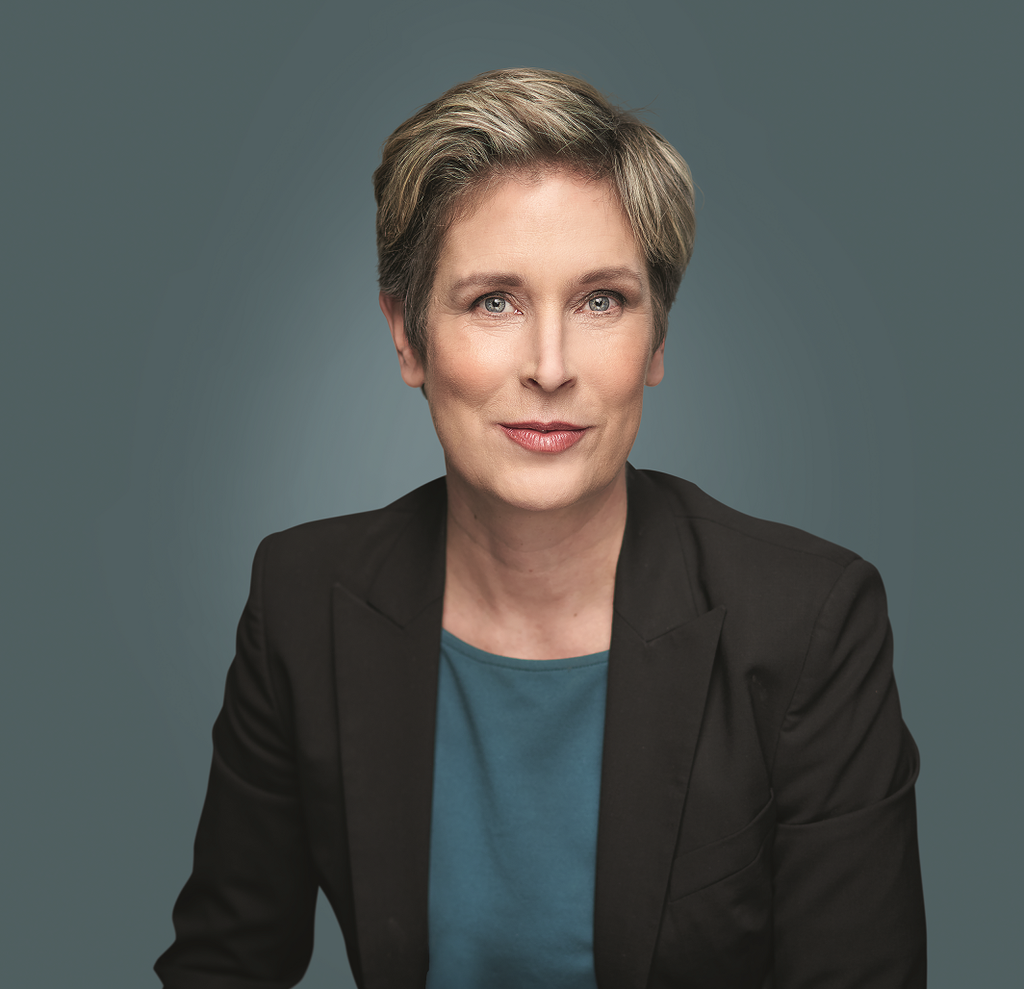
Founder and President of Women Political Leaders (WPL)

Policy & Campaigns Officer, European Women’s Lobby
Fifty-two years ago ‘Mary Poppins’ won five Oscars. Singapore, Maldives and Gambia became independent countries. West Germany and Israel established diplomatic relations. The Vietnam War raged. Malcolm X was assassinated. It’s stuff for history books.
According to the latest World Economic Forum (WEF) Global Gender Gap Report, it will take another 52 years for the world to reach gender parity in parliaments and confine inequality in political representation to history – if the past trajectory, measured by the WEF since 2006, remains at its current speed, that is. But the last three years have seen a significant roll-back; the number of years to the time that women and men have the same rights and opportunities is increasing, not decreasing. My daughter’s grandchildren might not live to see the day when it’s as likely for a girl to become President of a country as it is for a boy.
Despite some positive dynamics in the last years, having just one woman for every four men in parliaments is a clear sign of how bad societies are at tapping into the potential talent of more than 50% of the population. There are, of course, important variations: Nordic countries are the most gender equal, and the world champion for female participation in politics is Rwanda. At the other end of the scale are Arab and Gulf countries.
As in business and academia, the greater the seniority, the lower the number of women. A 2016 report by UN Women says that men make up 77% of parliamentarians, 82% of government ministers, 93% of heads of government and 94% of heads of state. Every time a woman makes it to the top, it makes global headlines. You can name all current female leaders of countries in less than 30 seconds.
Today women need three things to accelerate their political careers: communication, connection and community
There’s good reason to care about this imbalance. Gender equality in political participation has both intrinsic value and instrumental value. Women in political office make it a priority to advance rights, promoting equality and opportunity for women and girls (to the benefit of all society) in a way and to a degree that men in power overwhelmingly do not. It’s a matter of human rights. It’s a matter of good governance. The composition of executives and legislatures affects the quality of laws and influences the extent of their application. Women leaders are also more likely to be responsive to public needs and tend to cooperate across party lines.
A range of barriers – official and unofficial, formal and informal – limit women’s political participation. The Women Political Leaders Global Forum (WPL), the Gender and Development Unit of the World Bank, and Yale University (with support from EY) conducted a study on ‘The Female Political Career’. It analyses survey responses from 617 politicians, female and male, from 84 countries. It is designed to understand the non-legal barriers that women face in different phases of the political lifecycle.
The findings tell the same old story – one that applies globally. Women politicians tend to start their careers later, have fewer children, spend more time caring for their families, and arrange their lives to have shorter commuting times than their male counterparts. It appears that only females with supportive families run for office, whereas men are more likely to run without consulting with their families. Family commitments still constitute a major source of concern for women. “Gender equality begins in our homes,” says Nkosazana Dlamini-Zuma, Chair of the African Union (2010-2016) and a member of the WPL advisory board. Another said “three Ms stand in the way of women: money, media and men”.
Women and men have systematically different levels and types of political support networks. On average female politicians receive fewer private donations than their male counterparts. They rely more heavily on party sponsorship and support. Media portrayal and voter perceptions of ‘a woman’s place’ seem to cast a longer shadow over female politicians’ decisions about whether to run for office and their decisions to pursue higher office. While both men and women express concern about the many pitfalls of political campaigning, females are more worried overall, particularly about stereotypical discrimination, the difficulty of fundraising, negative advertising, the loss of privacy and not being taken seriously.
Every time a woman makes it to the top, it still makes global headlines
So what can be done to address these problems? In politics, networks are key. Today women need three things to accelerate their political careers: communication, connection and community. WPL aims to increase both the number and the influence of women in political leadership positions, optimising the power of communication and connection to build new communities of knowledge for women political leaders everywhere. Progress happens by convening women political leaders who have the drive and the influence to create positive change.
And not just women. In a flagship campaign, WPL asked male presidents and prime ministers to complete the sentence “We need more women in Parliaments and as political leaders because …”. Donald Tusk, President of the European Council, was among the almost seventy respondents to date. He said: “Future generations are not going to ask whether you were a man or a woman politician, because this is simply irrelevant. What they are going to ask is, ‘what did you do when you were in a position to do anything of worth?’”
Canada’s Prime Minister, Justin Trudeau, said: “When women engage in the political process, societies thrive and prosper.” Werner Faymann, a former Austrian chancellor, said: “Gender equality improves the quality of our democracies. Gender diversity among political decision makers is key to good governance.” And former European Commission president José Manuel Barroso, said: “We need more women as political leaders because we are for justice.”
But the glass ceiling remains. There may be some cracks and openings, but there is still a lot to do. As Michelle Bachelet, President of Chile, rightly puts it: “When one woman is a leader, it changes her. When more women are leaders, it changes politics and policies.”
COMMENTARY
Making politics work for women
By
Matilda Flemming
Policy & Campaigns Officer, European Women’s Lobby
It’s a woman’s right to take part in political decision-making. But more women in parliaments and governments is, by itself, not enough. We need to look at the roles – and the power – held by women politicians. Do women chair the most powerful parliamentary committees? Are women ministers also in charge of traditionally ‘masculine’ portfolios, such as defence?
A key goal of the European Women’s Lobby is a feminist Europe where such gender stereotypes are broken down at all levels in society. At a political level we talk about ‘five Cs’ standing in the way of women: care, culture, candidate selection, cash and confidence. We cannot underestimate the impact that the gender-unequal division of care work has on women’s participation in public life – including in politics. In Europe, women spend twice as much time as men on care work. If men don’t take on a bigger share of this burden, how will women find the time and energy to engage in politics?
Political parties are central in addressing the five Cs. Internal party culture – at times resembling old boys’ clubs – can discourage women from involvement. Parties control candidate selection, and in the case of list elections they decide who takes which spot on the list. Party recruiters testify that it is harder to persuade women to run for elections than it is men; so recruiting women candidates might need a different approach to traditional (male-focused) recruitment. In Europe, political parties often distribute campaign funding – and whether the money is equally spent on male and female candidates can have a direct impact on women’s success in elections.
It is crucial that male political leaders stand up for women. But their commitment to women’s leadership needs to go far beyond lip service. As prime minister of Poland, Donald Tusk appointed only three women to his 20-person-strong second government. In his current private office as European Council President, only one of the nine senior positions is held by a woman. Male leaders such as Tusk, both in Europe and across the world, desperately need to move from words to action. They need to ensure that women are appointed to open positions; they need to pick the competent woman before the competent man.
As Laura Liswood, the Secretary-General of the Council of Women World Leaders, said: “There’s no such thing as a glass ceiling for women. It’s just a thick layer of men.”
Past event In person

Next event In person & livestreamed

Past event Online
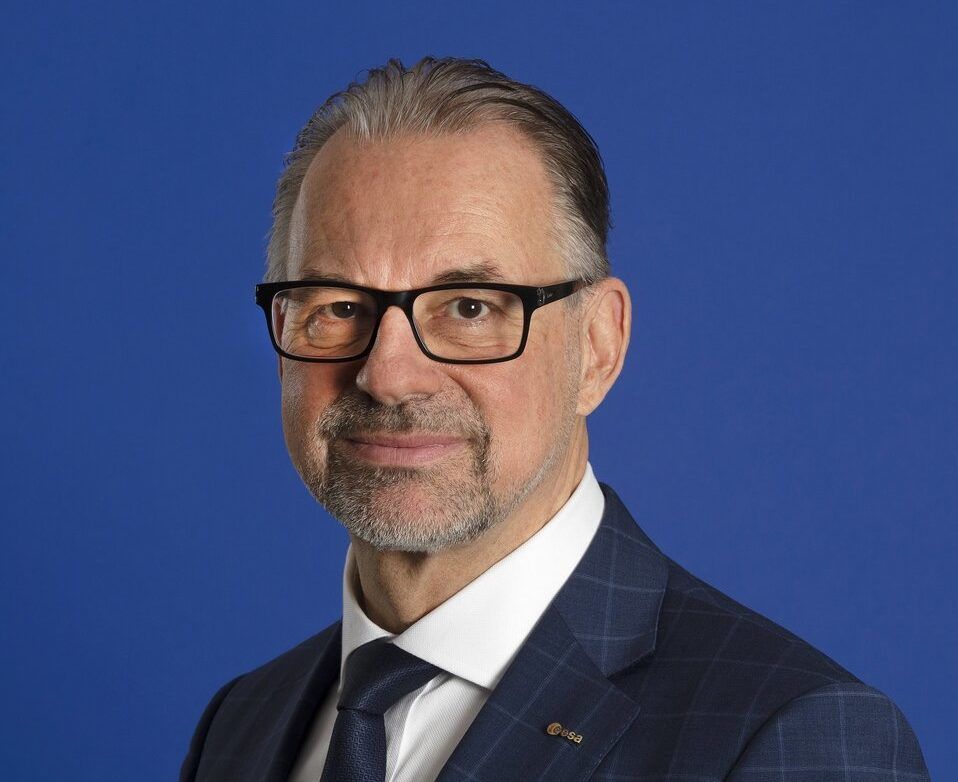
Past event In person

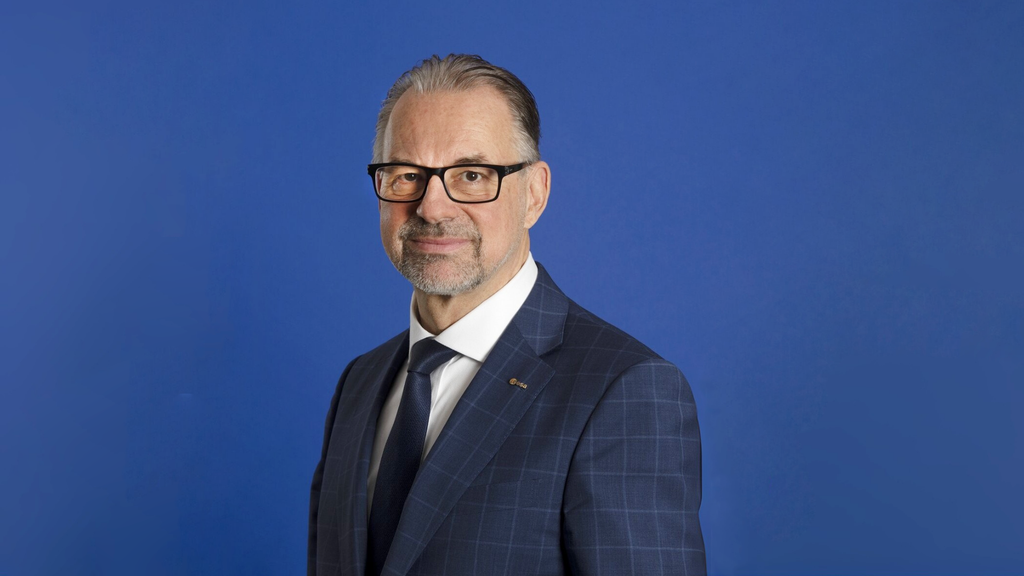
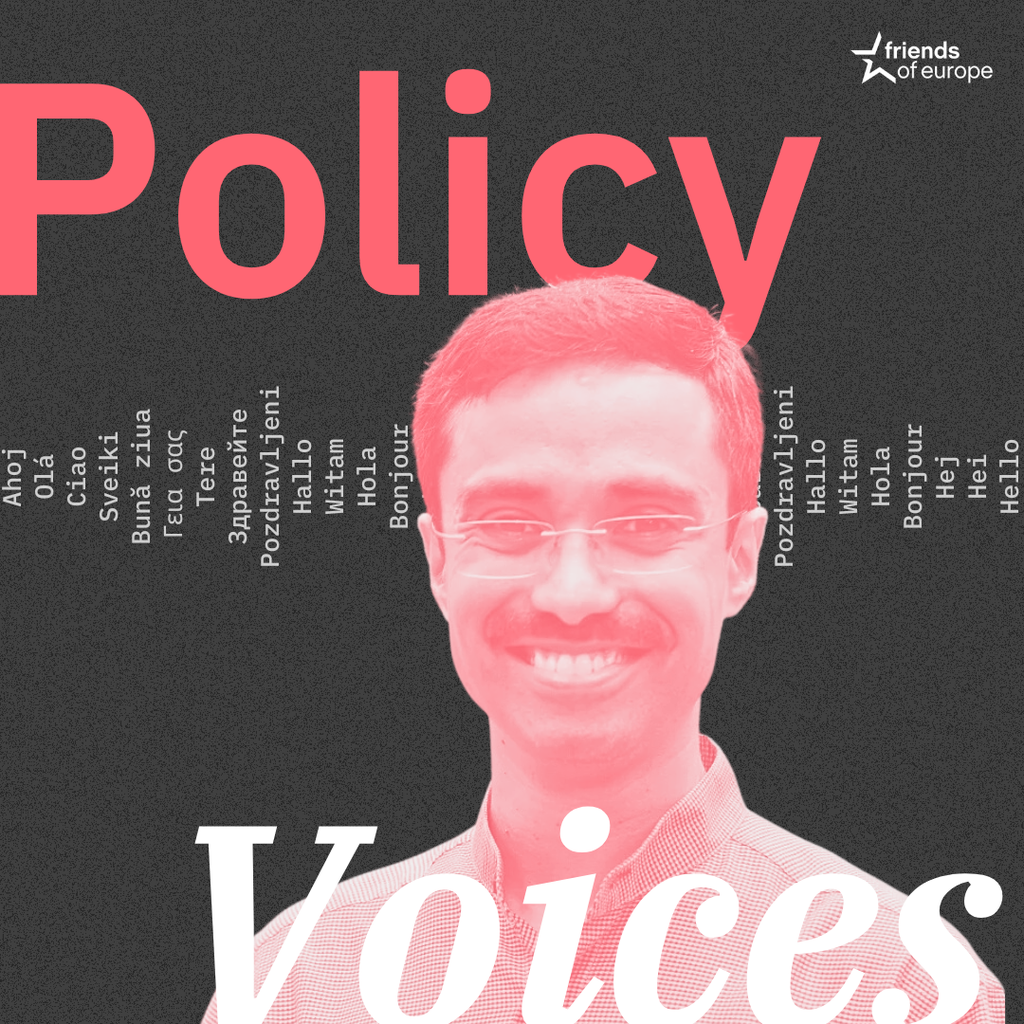
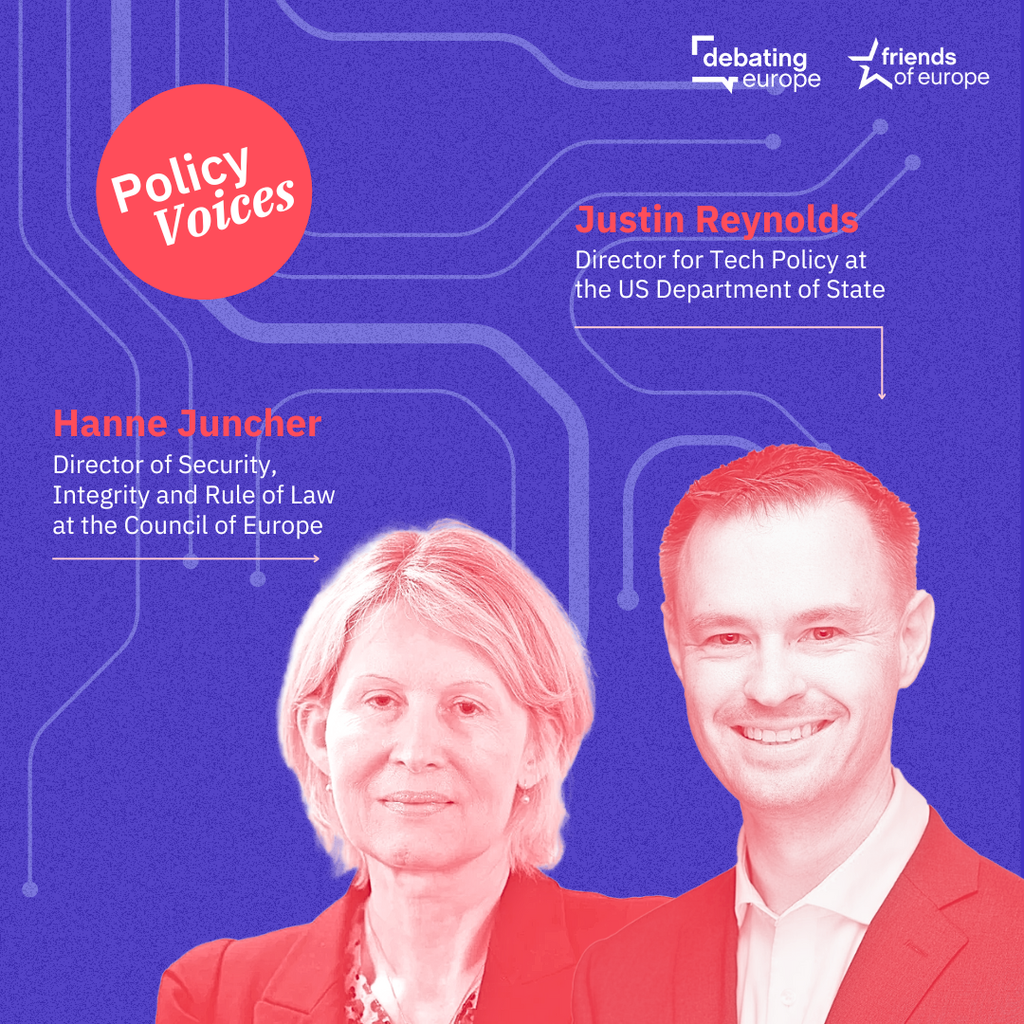

Stay informed
We use cookies and similar technologies to adjust your preferences, analyze traffic and measure the effectiveness of our campaigns. Learn more about our privacy policy.